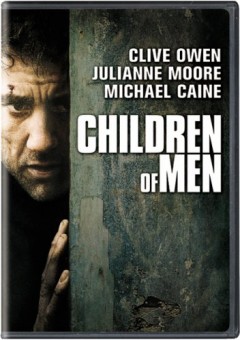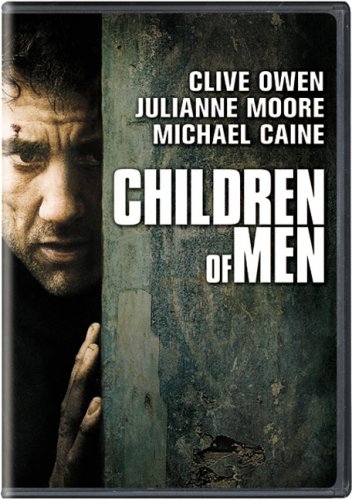
Before I studied Austrian Economics and profited from the clarity it brings to phenomena that otherwise seem chaotic and unfathomable, I read an article by Dave Barry that made me laugh. In it, he parodied the stock market, saying something to the effect of, “The DOW Jones plunged today when scientists discovered that Saturn had seven moons, and not six as previously thought.” That sentence encapsulated the mystifying and capricious vicissitudes of an economy I did not understand, much like airports stupefied the Cargo Cults. After watching In Time, it is obvious to me that writer/director/producer Andrew Niccol is mired in the same blithering ignorance that Mises and Rothbard pulled me out of.
Justin Timberlake plays Will Salas, a blue-collar man living day-to-day in a world where no one ages past 25 and time is the economy’s currency. The time you have left is measured on your forearm, and you can give and receive it either by placing your wrist over a scanner, for machine/human interactions, or gripping forearms with someone, for person-to-person transactions. The world is divided into time zones and people live in the one that pertains to their occupation and income level. As long as you have time on your forearm, you can live forever, but if you go broke, you die.
One night Will Salas saves a rich man who has wandered into Dayton, the poor time zone where Salas lives, from being robbed by so-called Minutemen, petty gangsters who steal people’s time. This man, Henry Hamilton, is 105 years old and weary of being alive. He bequeaths his century of time to Will and “times out,” but due to a surveillance camera that catches only part of the action, it looks to later observers that Will has murdered Henry. Meanwhile, on the very day her son becomes a rich man, Rachel Salas (Olivia Wilde) is caught in the middle of nowhere at night with, after making a loan payment, only ninety minutes left to live. The bus fare back home has been increased to two hours and the driver will not allow her on the bus without paying the full fare up front. None of the other passengers step forward to give her a small loan, so she is left to die. A grieving Will swears revenge on the system that killed his mother.











